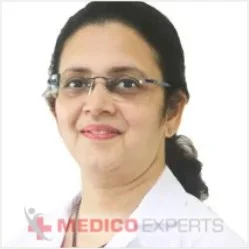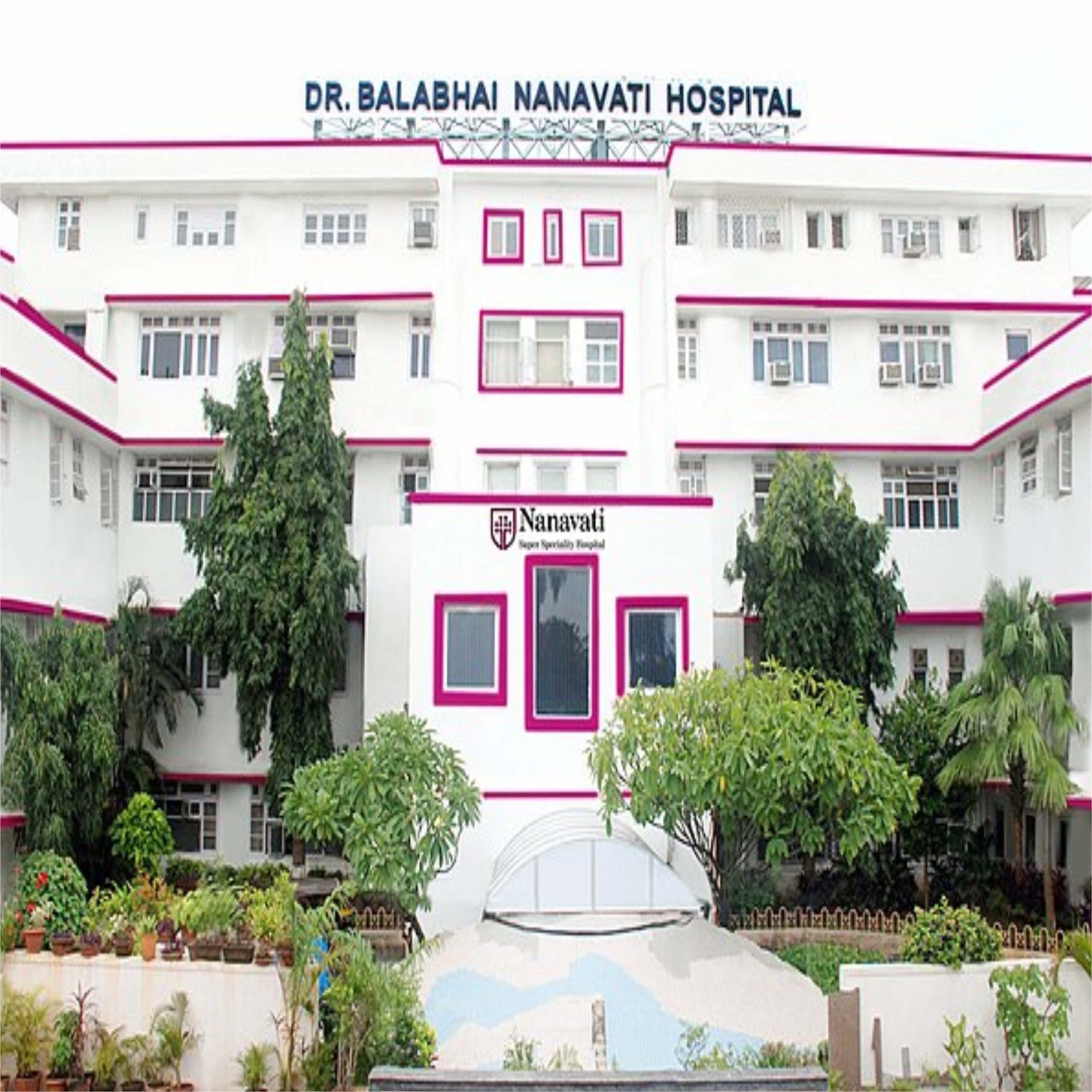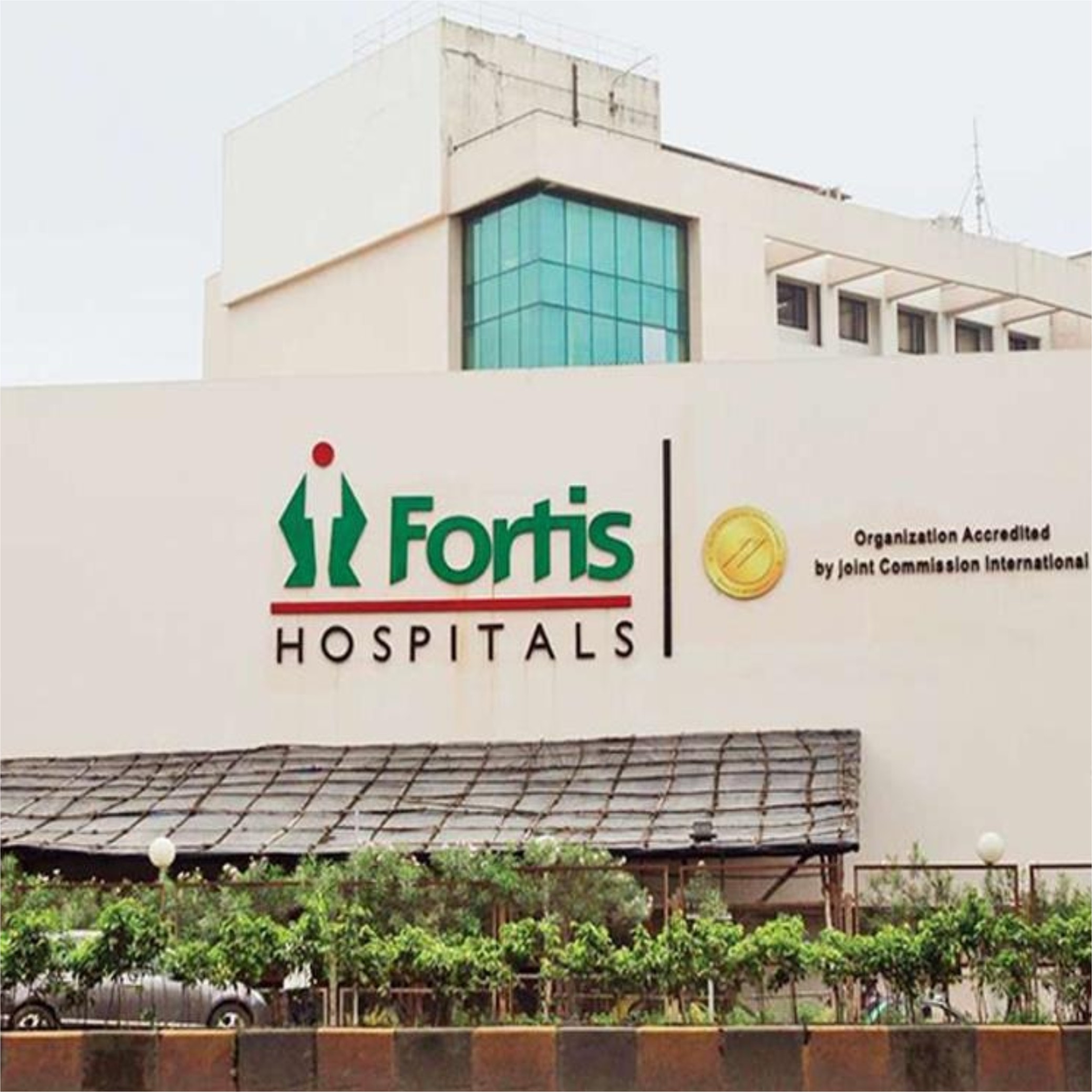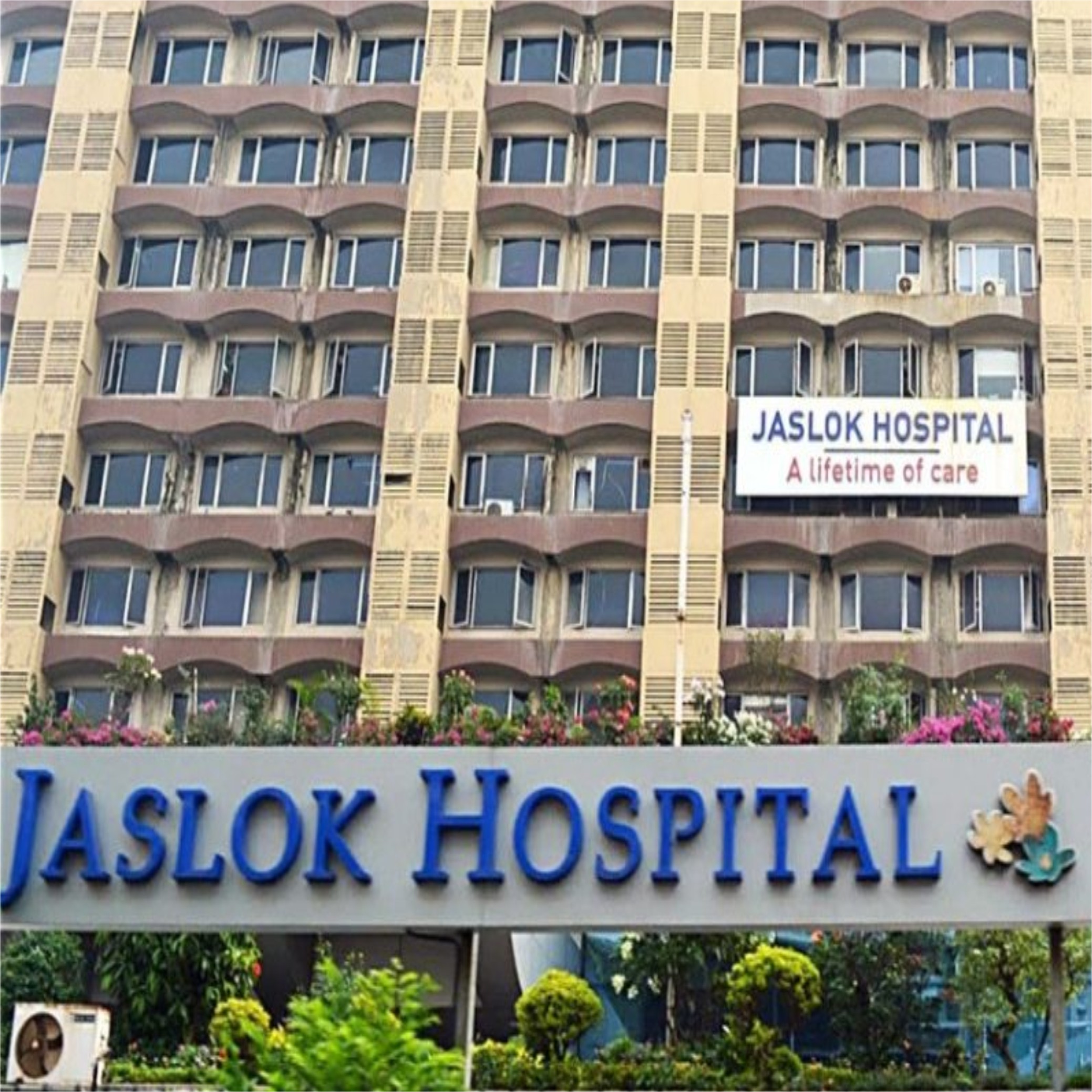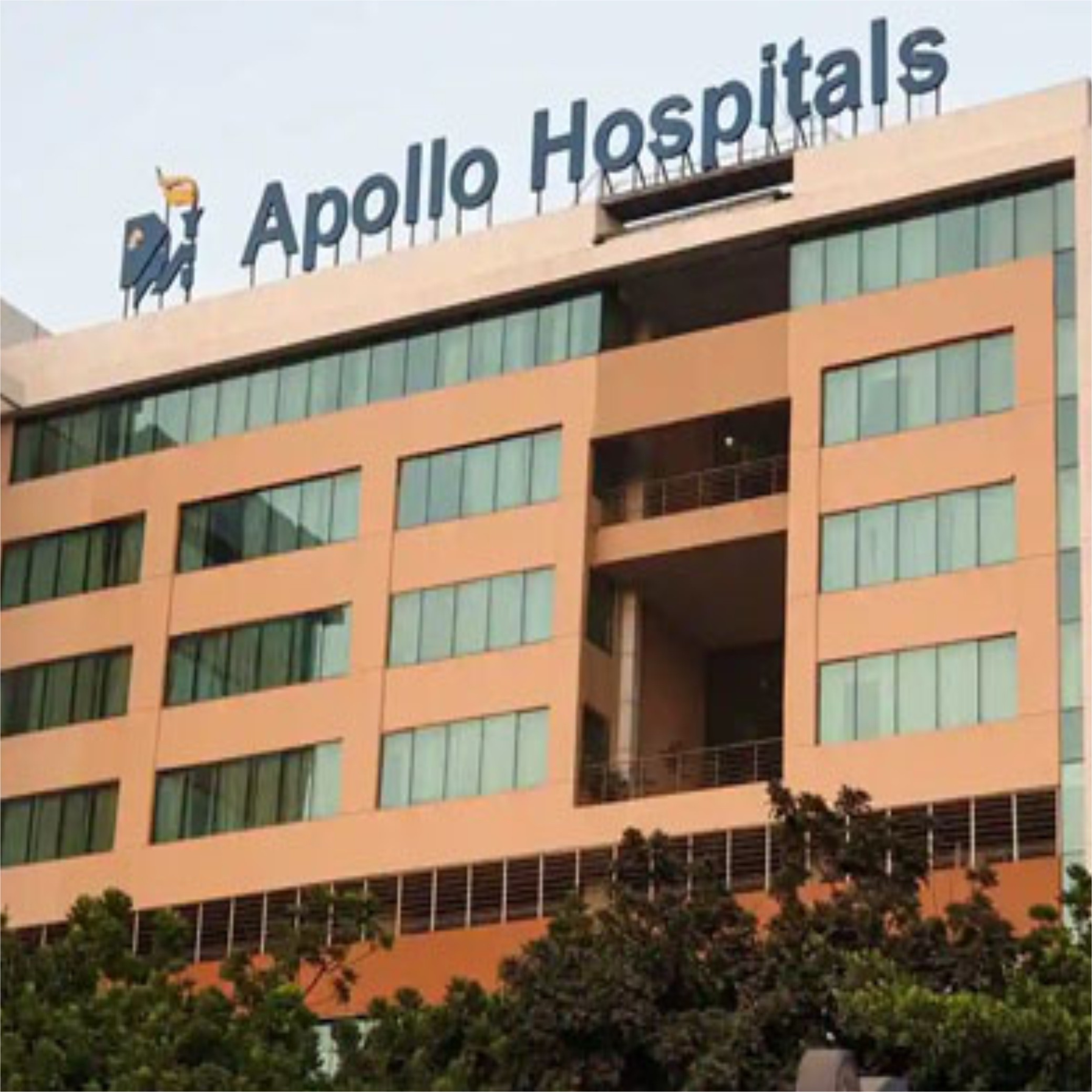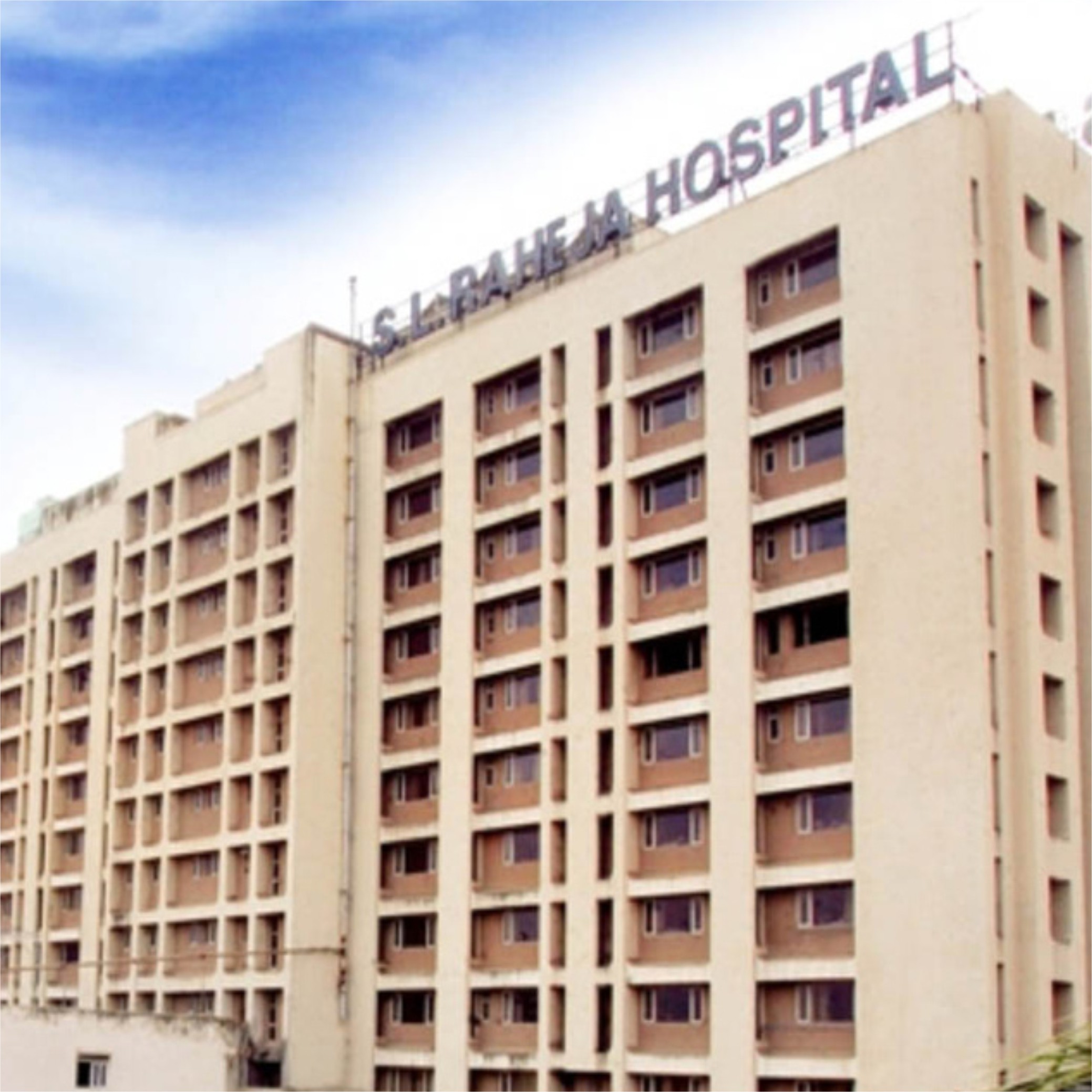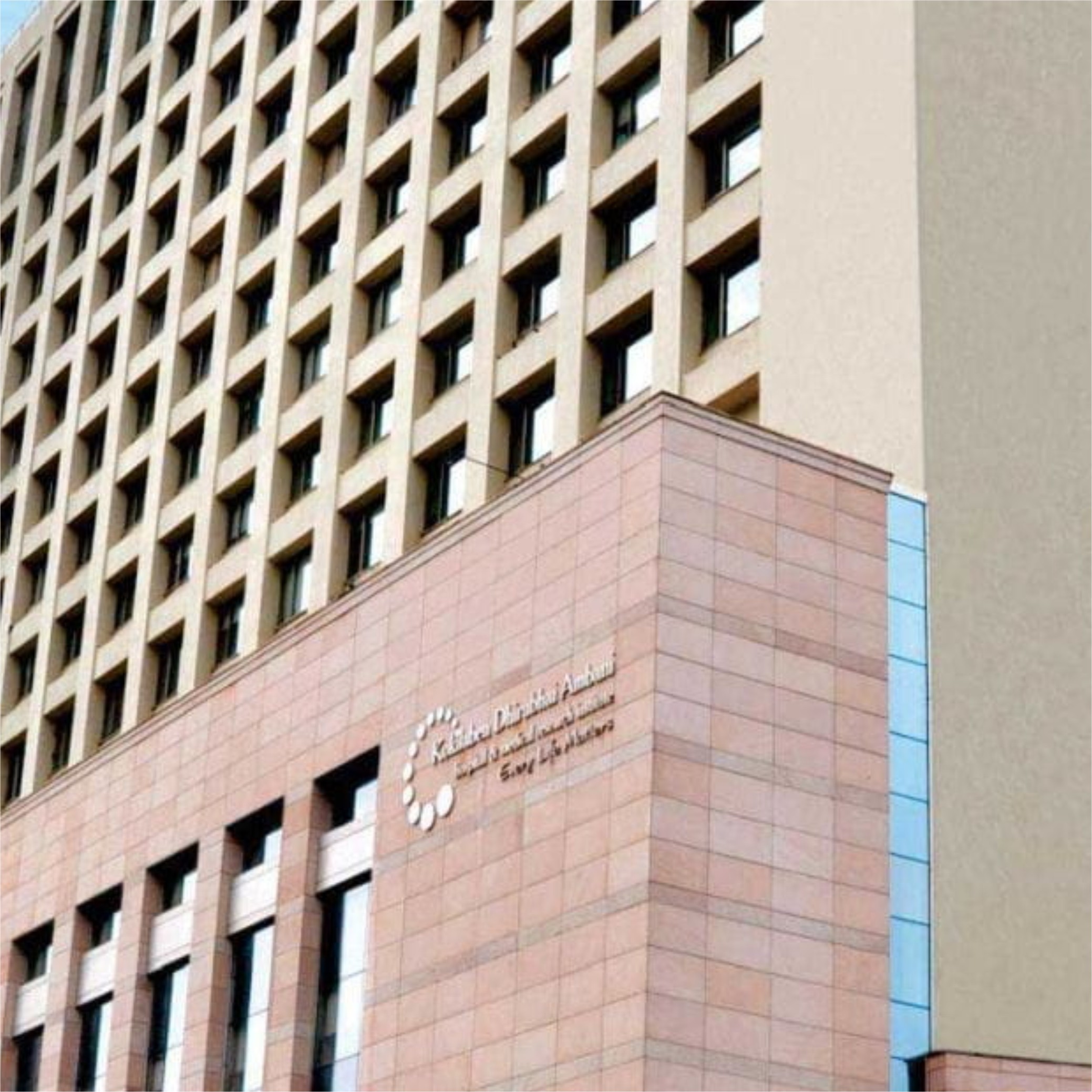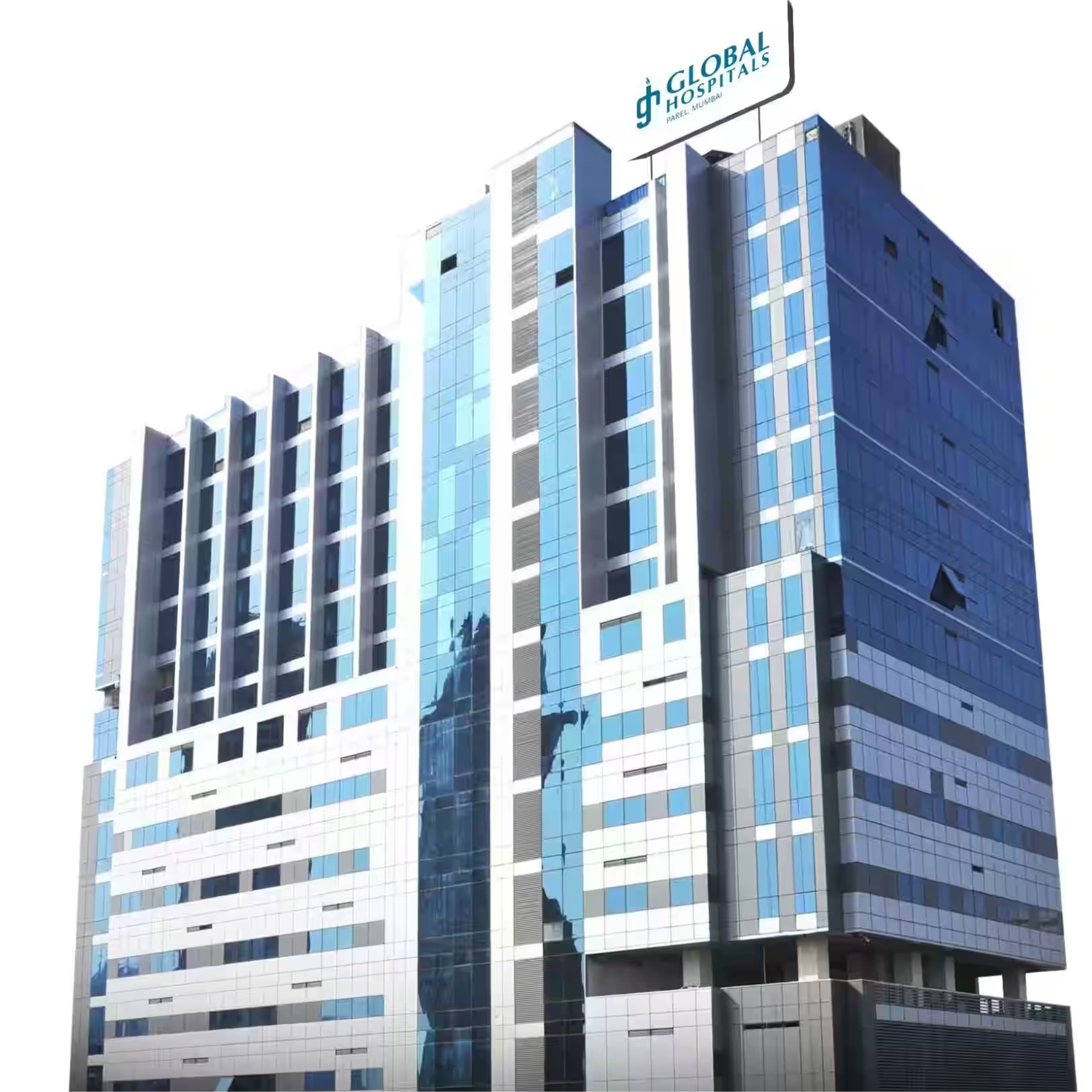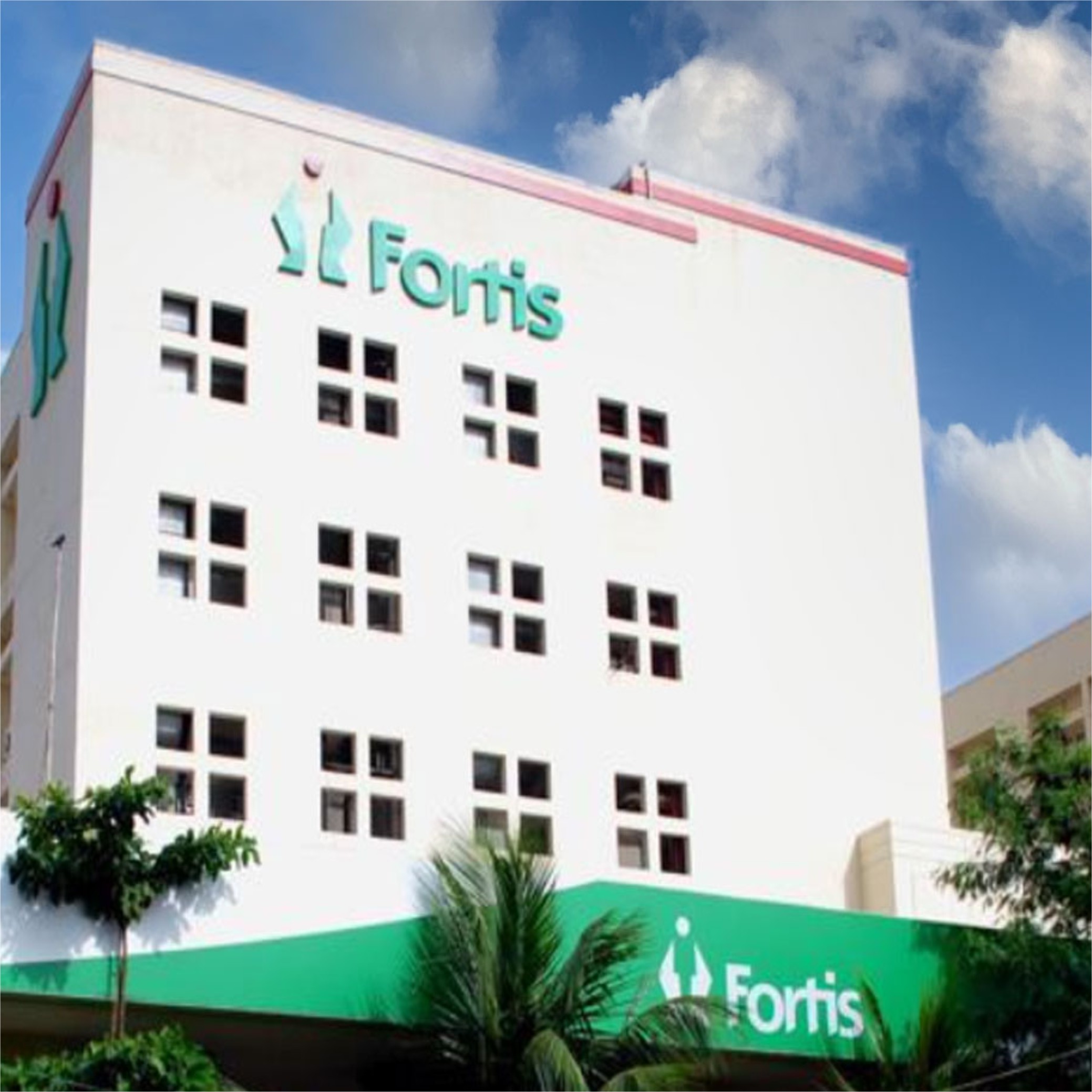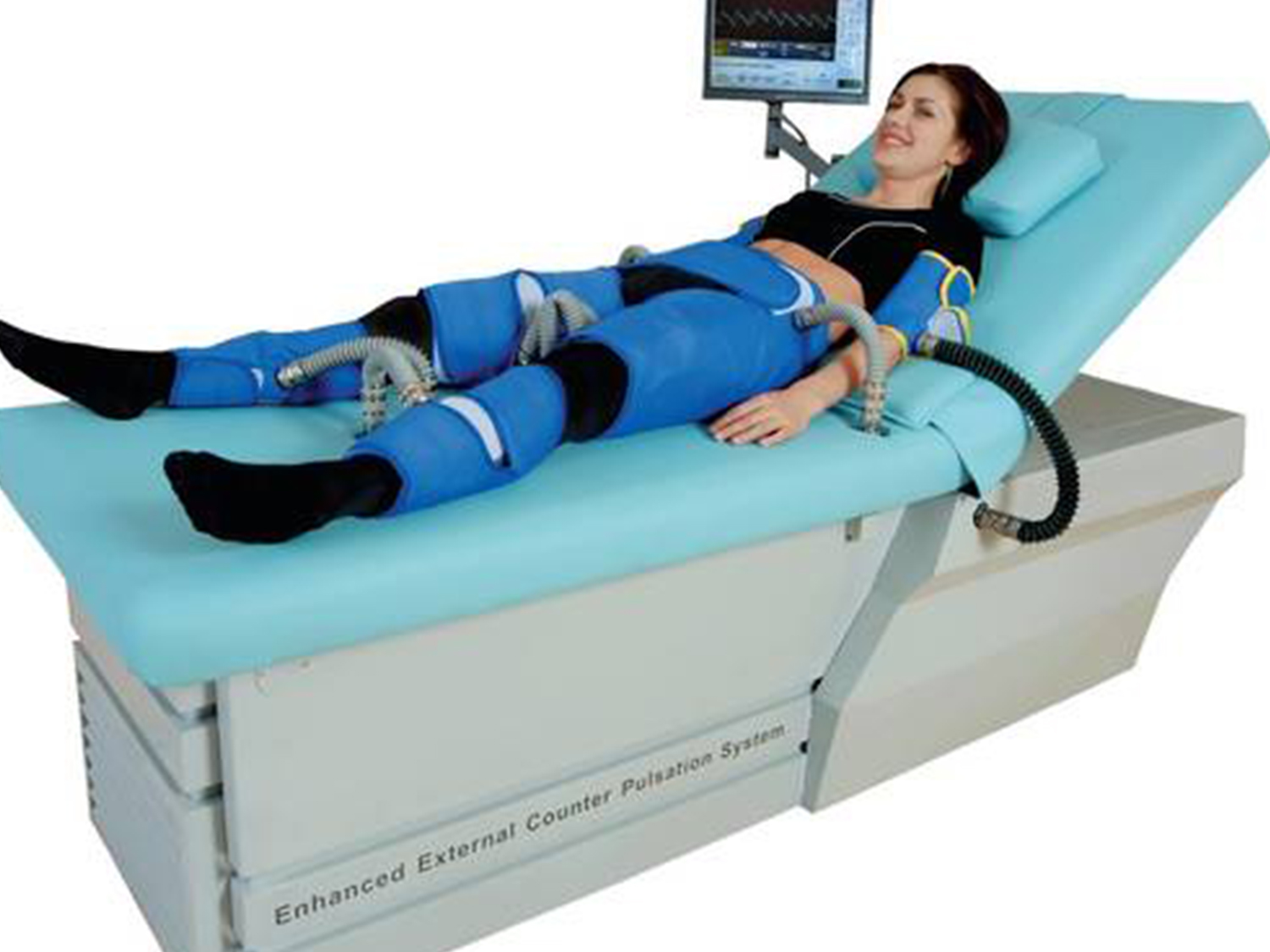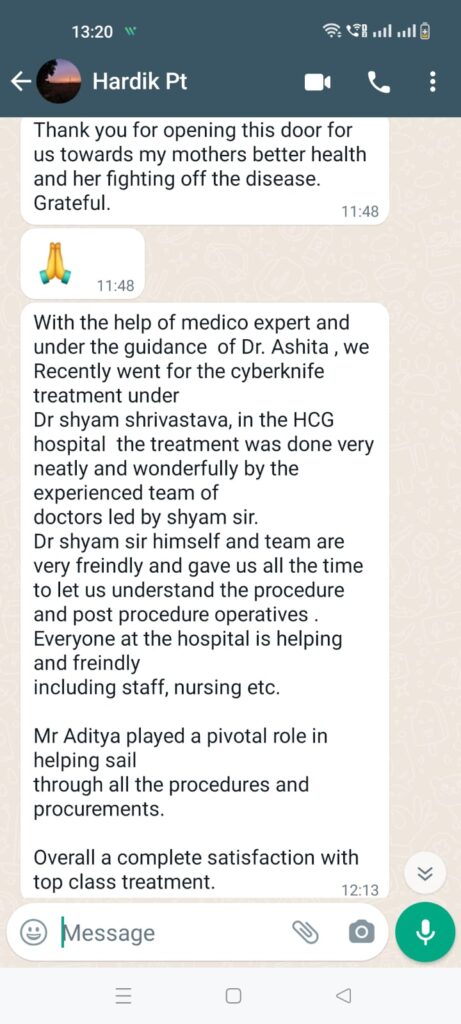Reduce your infertility issues with best fibroid treatment in India
Are you finding it difficult to conceive even after trying for a year?
It could be because of your uterine fibroid.
We understand how desperately you want to cuddle your little one in your arms, but are failing to conceive because of your uterine fibroid. Uterine fibroid is one of the most common causes of infertility among women.
Your inability to have children might have caused a lot of issues in your family but not anymore.
With advancements in health science and surgery now you can get rid of your uterine fibroids without affecting your fertility. Avail one of the best fibroid treatments in India and realise your dreams of becoming a mother like Samina did.
Samina, a 34-year-old media professional, was leading a happy life with her family while efficiently managing her job. As the years of her marriage passed by she often felt that a baby could complete her family. However, after trying for a couple of years, the couple failed to conceive a baby. Also, Samina often complained of pain while they were getting intimate.
Disheartened by the failures in conceiving a child, Samina, and her husband booked an appointment with a gynaecologist.
After an initial checkup Samina’s doctor advised ultrasonography of the lower abdomen.
The ultrasonography reports confirmed the presence of uterine fibroid in Samina’s uterus. Samina and her family were sad by this diagnosis and started looking for the best treatment for uterine fibroid.


While the family was not satisfied with the treatment available in their country they started looking for treatment options available in India. While searching online for the best fibroid treatment in India the family came across Medicoexpert and contacted them.
Once MedicoExpert’s team received the query they reverted to the family and scheduled a video consultation for Samina with one of MedicoExpert’s empanelled surgical gynaecologist. During the consultation, the doctor explained the different surgical options including robotic, laparoscopic and open surgery along with the details of the procedure.
After the consultation, the family decided to choose laparoscopic surgery and flew to Mumbai. Once the family reached Mumbai the MedicoExperts team ensured hassle-free hospitalisation for Samina. After the paperwork was done the doctor performed a few blood tests before the surgery. When the blood reports confirmed Samina’s eligibility to undergo the surgery the doctors performed the procedure for her.
It took a few days for Samina to recover from the surgery. Once Samina recovered she thanked the doctors for helping her.
Within a few months Samina conceived a baby and recently delivered a healthy baby.
Like Samina, you too can get your uterine fibroid removed without any hassle, but before proceeding further let us first understand what uterine fibroid is.
What is a uterine fibroid?
Uterine fibroid is one of the most common types of non-cancerous tumours that affect fertile women. Typically uterine fibroids grow along the muscles and the connective tissues of the uterus.
Generally, uterine fibroids are non-cancerous and can either grow in a cluster or as a single nodule. Also, the size of uterine fibroid varies, sometimes the fibroid is too small to be seen through the eyes, on the other hand, some fibroids can be enormous.
Generally, women with large uterine fibroid experience constant pain in the lower part of the abdomen along with heavy menstrual bleeding.
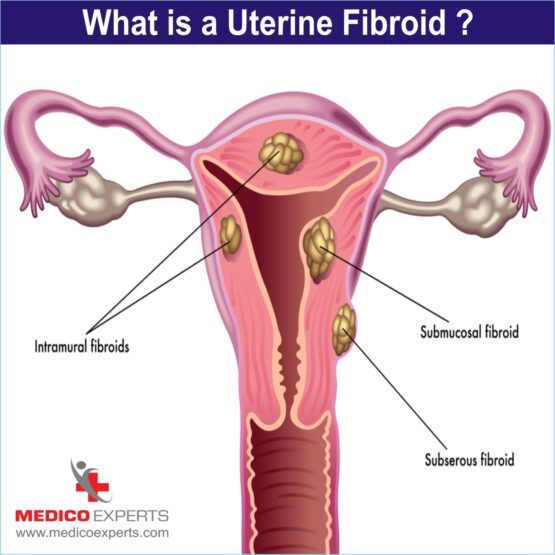
Intramural uterine fibroids are the most common type of uterine fibroid. These fibroids typically develop on the muscular wall of the uterus and may grow in size by stretching the muscles of the uterus.
Subserosal fibroids develop on the outer layer or serosa of the uterus. When the subserosal tumour grows they make the uterus appear large. Sometimes based on the location of the uterus may appear bulged on one side.
Submucosal uterine fibroid develops in the middle of the muscle layer, or myometrium, of the uterus and is difficult to remove without removing the uterus. Also, this type of fibroid is rare.
The pedunculated fibroid is usually a type of subserosal uterine fibroid with a sender base to support the tumour.
What are the signs and symptoms of uterine fibroids?
The symptoms of uterine fibroids vary from woman to woman. The symptoms of uterine fibroids mainly depend on the location and size of the tumour. Your symptoms will depend on the number of tumours you have as well as their location and size.
Sometimes these fibroids are asymptomatic and can shrink after menopause.
The common symptoms of uterine fibroids may include:
- Heavy bleeding between or during your periods. Sometimes the menstrual blood may contain blood clots
- Unbearable menstrual cramps
- Constant pain in the lower back
- Frequent urination
- Pain during sexual intercourse
- Heavy menstrual flow that lasts longer than 3-4 days
- A constant feeling of fullness in the lower abdomen
- Unexplained swelling of the lower abdomen
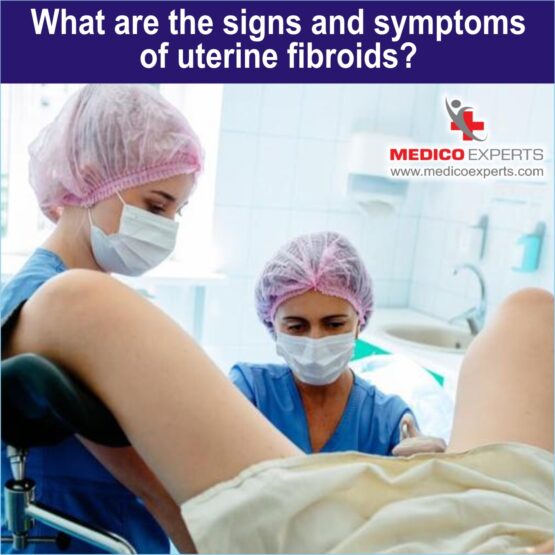
What are the common causes to develop uterine fibroid?
The most common known causes of uterine fibroid include:
Hormones play a crucial role in the formation of fibroids. The imbalance of oestrogen and progesterone may stimulate the growth of fibroids.
Typically uterine fibroids run in the family. Women whose mother, sister, or grandmother had a history of this condition, are more likely to develop uterine fibroid during their reproductive age.
Pregnant women are more prone to develop uterine fibroid because of the overproduction of certain hormones during pregnancy. Under the effect of these hormones, the uterine fibroid develops and grows rapidly during pregnancy.
Apart from the above stated causes women who have started menustrating at an early age, delayed menopause, obesity, and women who never concieved a child are at risk of developing uterine fibroid.
What is the best uterine fibroid treatment in India?
Surgery
Based on the location and severity of symptoms your doctor can suggest either of the following surgical approaches:
Hormones play a crucial role in the formation of fibroids. The imbalance of oestrogen and progesterone may stimulate the growth of fibroids.
Sometimes, based on the location and difficulty of removing the tumour from the uterus your doctor might suggest hysterectomy or complete removal of uterus from the body.
It is major surgery and is performed either by cutting through the abdomen or even laparoscopically. Mostly recommended for women whose family is complete or for women nearing menopause.
Minimally invasive treatment
During a laparoscopic myomectomy, the doctor removes the fibroid from the uterus with the help of slender instruments that are inserted through small incisions in your abdomen.
To remove larger fibroids your doctor breaks the fibroid into smaller pieces to remove the fibroids.
During a robotic myomectomy, your doctor views the abdominal area on a monitor using a small camera attached to one of the instruments that are inserted into the abdomen.
The robotic myomectomy allows the surgeon to have a magnified, and 3D view of the uterus. By magnifying the view the doctor achieves more precision, flexibility and dexterity in performing the procedure.
During laser treatment for fibroid, your doctor either uses laser light to destroy the fibroid. However this treatment is suitable for women with small sized fibroid.
The minimally invasive laser treatment has emerged as a hope to reverse fibroids without undergoing surgery.
During laser treatment for fibroid, your doctor either uses laser light to destroy the fibroid. However this treatment is suitable for women with small sized fibroid.
The minimally invasive laser treatment has emerged as a hope to reverse fibroids without undergoing surgery.
During this minimally invasive procedure, your doctor blocks the blood supply of the fibroids by inserting plastic particles or gel into the neighbouring blood vessels to shrink the fibroid.
Typically, this procedure is performed under local anaesthesia by creating a 2-3 mm incision. Once the incisions are made the doctor cut-off the blood supply of the growing fibroid.
UFE or UAE works well for different types of fibroid including multiple fibroid or large fibroid. However UFE and UAE are not suitable for pregnant women or in cases where the fibroid has become cancerous.
Is fibroid treatment without surgery possible?
Technically there is no treatment that allows fibroid treatment without minimal incision. However with advanced treatment like robotic myomectomy, laser treatment for fibroid and uterine fibroid embolization and uterine artery embolization you can get rid of uterine fibroid without undergoing any major surgery.
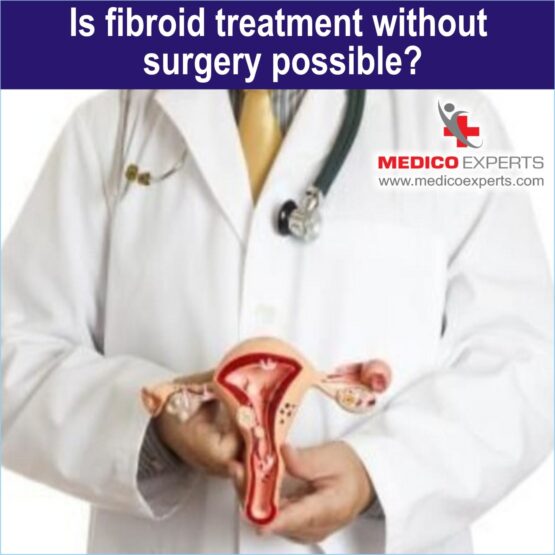
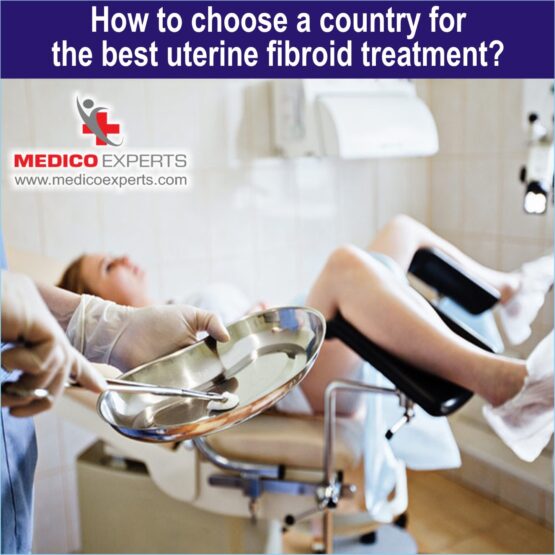
How to choose a country for the best uterine fibroid treatment?
Uterine fibroid treatment requires the expertise of well-trained doctors and the availability of world-class healthcare facilities.
If you are finding it challenging to decide on a country where you could have your uterine fibroid treatment do not worry. Here are a few tips that can help you choose the best country for undergoing the procedure:
- Choose a country that has advanced healthcare facilities
- If the cost of the procedure is one of your main concerns then choose a country that offers the best healthcare facilities at an affordable cost.
- It is essential to choose a country that has frequent flights from your home country for better connectivity.
- By selecting a country that has well-developed local transportation facilities you ease your local commuting while you are in that country.
How to choose a hospital for the best uterine fibroid treatment in India?
Choosing a hospital for uterine fibroid treatment in India is crucial because the hospital you have chosen greatly impacts the procedure’s success rate and your overall treatment experience.
By choosing a NABH and JCI accredited, you decrease your chance of contracting any post-procedural infection or complications.
Also, while choosing a hospital for your uterine fibroid treatment, kindly ensure that the hospital is equipped with a modern healthcare treatment facility and has good healthcare service professionals who are well trained to manage any post-procedural complications.
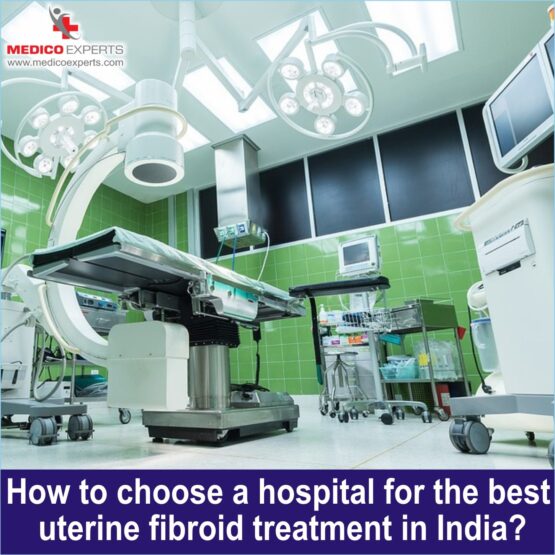
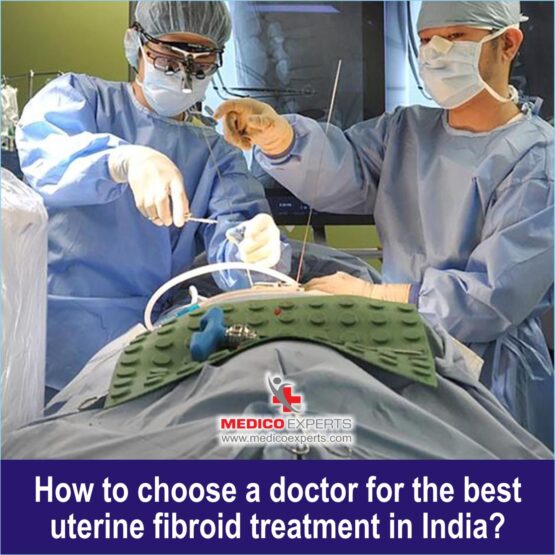
How to choose a doctor for the best uterine fibroid treatment in India?
Choosing a doctor for your uterine fibroid treatment is crucial because the expertise of your doctor to perform the surgery ensures an increased success rate of the procedure.
Also while choosing a doctor you must ensure that the doctor has successfully performed several uterine fibroid surgeries earlier in his practice.
Moreover, choose a doctor with whom you feel comfortable sharing your concerts and any doubts about the procedure.
What is the cost of the best fibroid treatment in India?
Typically the cost of uterine fibroid treatment in India starts from USD 2500 to USD 5,000 or (2,50,000 to 7,00,000 INR).
However, the cost of the best uterine fibroid treatment in India may vary depending on various factors like the city, hospital, type of surgical procedure you have opted for and doctor you have selected. Sometimes the cost may also vary because of some complications which may arise after the procedure.
Also, you need to undergo some tests before the surgery which may cost you around USD 500 or INR 40,000.
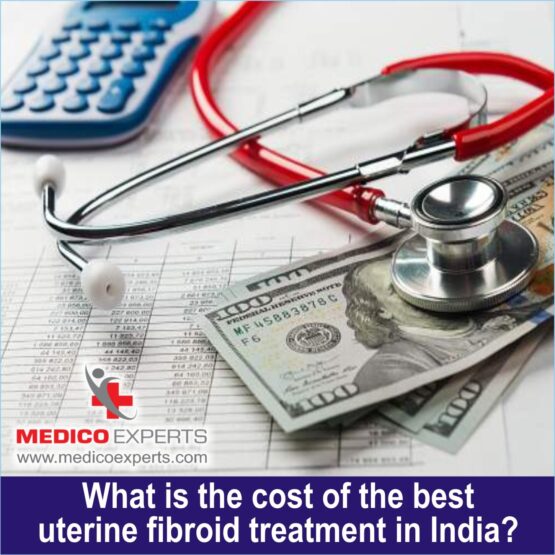
Frequently Asked Questions and patient concerns:
1. What happens when fibroids are not removed?
Untreated uterine fibroids can cause anaemia and infertility, and sometimes the fibroid can turn cancerous.
2. Where do uterine fibroids grow?
The uterine fibroid can develop:
- Within the wall of the uterus,
- Inside the cavity of the uterus, or
- On the outer surface.
3. What happens when fibroids take over the uterus?
As the uterine fibroid grows they take over the uterus making the symptoms associated with uterine fibroid worse. The pain becomes unbearable with heavy menstrual bleeding and cramps. Sometimes due to additional pressure on the bladder because of the large uterine fibroid, you may experience incontinence or frequent urination.
4. Do fibroids get worse with time?
Yes! Uterine fibroids get worse with time. You may experience heavy bleeding pain and cramps. Also as the fibroids grow the abdomen can swell causing additional pressure on the bladder and resulting in incontinence or frequent urination. Ultimately, they can cause infertility.
5. Can fibroids return after fibroid removal surgery?
Fibroids can return after fibroid removal surgery therefore it is essential for women who undergo minimally invasive myomectomy to go for frequent check-ups with their doctors to detect any abnormal growth.
6. How does your your doctor choose the best fibroid treatment for you?
Treatment for uterine fibroids is not the same for every case. The treatment usually varies depending on:
- The size of the fibroid
- Number,
- Location of the fibroids, and
- The symptoms of the fibroid
Best Hospital for Fibroid Surgery in India
Some of the multi-speciality and best hospitals for fibroid surgery in India are located in major metro cities like Mumbai, Delhi, Bangalore, etc. These hospitals are equipped with ultra-modern infrastructure and latest technology to provide the patient with a variety of treatment options along with International patient-centric care. The best hospitals for fibroid treatment in India also have world-renowned and highly coveted gynaecologist, fertility experts and specialist in their panel, thus providing the patients with unsurpassed treatment. Some of the associated best hospitals for fibroid surgery in India are as follows:

MedicoExperts is a Global virtual hospital which is established to offer quality healthcare services at affordable pricing without compromising the success rates of the treatment.
MedicoExperts is having a network of highly experienced super specialist doctors and well equipped hospitals across the globe and offering second opinion through online video consultation and surgical interventions through its empanelled super specialist doctors at its network hospitals in 17 countries from 3 continents.
By the virtue of its approach and model, MedicoExperts is successfully achieve to deliver
- Latest and most advanced treatments with success rates of international benchmarks.
- Multiple cost options depending upon the hospital facilities, with the same doctor.
- Treatment option in multiple cities/state/countries.
- Trust and peace of mind.
Most suitable for patients who are looking for:-
- Planned Surgeries and treatment from most experienced doctors and at multiple cost options as per hospital facilities with best possible outcomes.
- Second Opinion from expert doctors.
- Complex cases involving multi specialities
- International patients looking for treatment from Indian doctors

Author Bio:
Dr. Ashita Nandgaonkar – BHMS, MS in psychological counseling
Dr. Ashita Nandgaonkar is a highly esteemed homeopathic doctor with a passion for holistic healing and patient-centered care. Dr. Nandgaonkar remains dedicated to raising awareness about the benefits of homeopathy and promoting its integration into mainstream healthcare. Her mission is to empower individuals on their journey to health and wellness, embracing the holistic approach that homeopathy offers. She has a special interest in researching Homeopathic solutions for diseases that are difficult to treat with conventional medicines and therapies.
Content Medically Reviewed By MedicoExperts Editorial & Clinically Review Board



